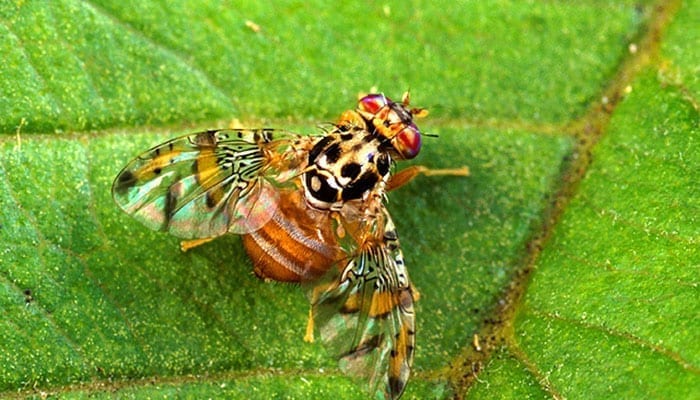The U.S. Department of Agriculture’s (USDA) National Institute of Food and Agriculture (NIFA) has announced a competitive opportunity to conduct research on the environmental effects of genetically engineered (GE) organisms, including plants, animals, insects, and microorganisms. The $3.5 million in grants is available through NIFA’s Biotechnology Risk Assessment Research Grants (BRAG) Program.
The BRAG program supports applied and fundamental research to help federal regulators evaluate the effects of GE organisms on their environment. Proposals are solicited to support standard research projects or conference proposals that bring together stakeholders to discuss and evaluate science-based data relevant to environmental risk assessments or risk management related to biotechnology-developed organisms.
The BRAG Program supports standard research and conference proposals in the follow areas:
- Management Practices to Minimize Environmental Risk of Genetically Engineered Organisms
- Methods to Monitor and Understand the Dispersal of Genetically Engineered Organisms
- Gene Transfer between Genetically Engineered Animals, Plants, and Microorganisms and Related Wild and Agricultural Organisms
- Environmental Impacts of Genetically Engineered Relative to Non-genetically Engineered Organisms in the Context of Production Systems
- Other Research Topics Designed to Further the Purposes of the BRAG Program
- Environmental Effects of Introducing RNA Interference transgenes
- Assessment of the Effects of Multiple Engineered Insect Resistance Genes (e.g. Bacillus thuringiensis and RNAi) in a Plant on Non-target Arthropod Species and Communities
- Research to Understand How Pests or Diseases Overcome Plant Pest or Disease Resistance Traits Conferred by Genetically Engineered Genes
- Research Addressing Off-target Phenotypic Effects in Genetically Engineered Organisms Developed Using Genome Editing Technologies
- Research Evaluating the Risks of Genetically Engineered Livestock Reared under Commercial Conditions and the Need for Containment
- Research Evaluating the Risks Possible for Genetically Engineered Animals Intended for Release into the Environment (e.g., for pest population control)
- Comparison of the Types and Frequencies of Nucleic Acid Changes Introduced into Important Crop Genomes, via Genetic Engineering Techniques versus Other Plant Breeding Techniques
In FY 2017, a total of 42 proposals were submitted to the BRAG program requesting a total of $19,129,634. Awards totaling $5,395,838 were made to the 11 research and 2 conference proposals that were highly ranked. The success rate (in terms of number of research proposals funded compared to the total number of research proposals submitted) was approximately 28%. The average research award was $485,985 (total costs) for approximately 36 months.
Applications must be received by Feb. 22, 2018. Please see the BRAG request for applications for details.


